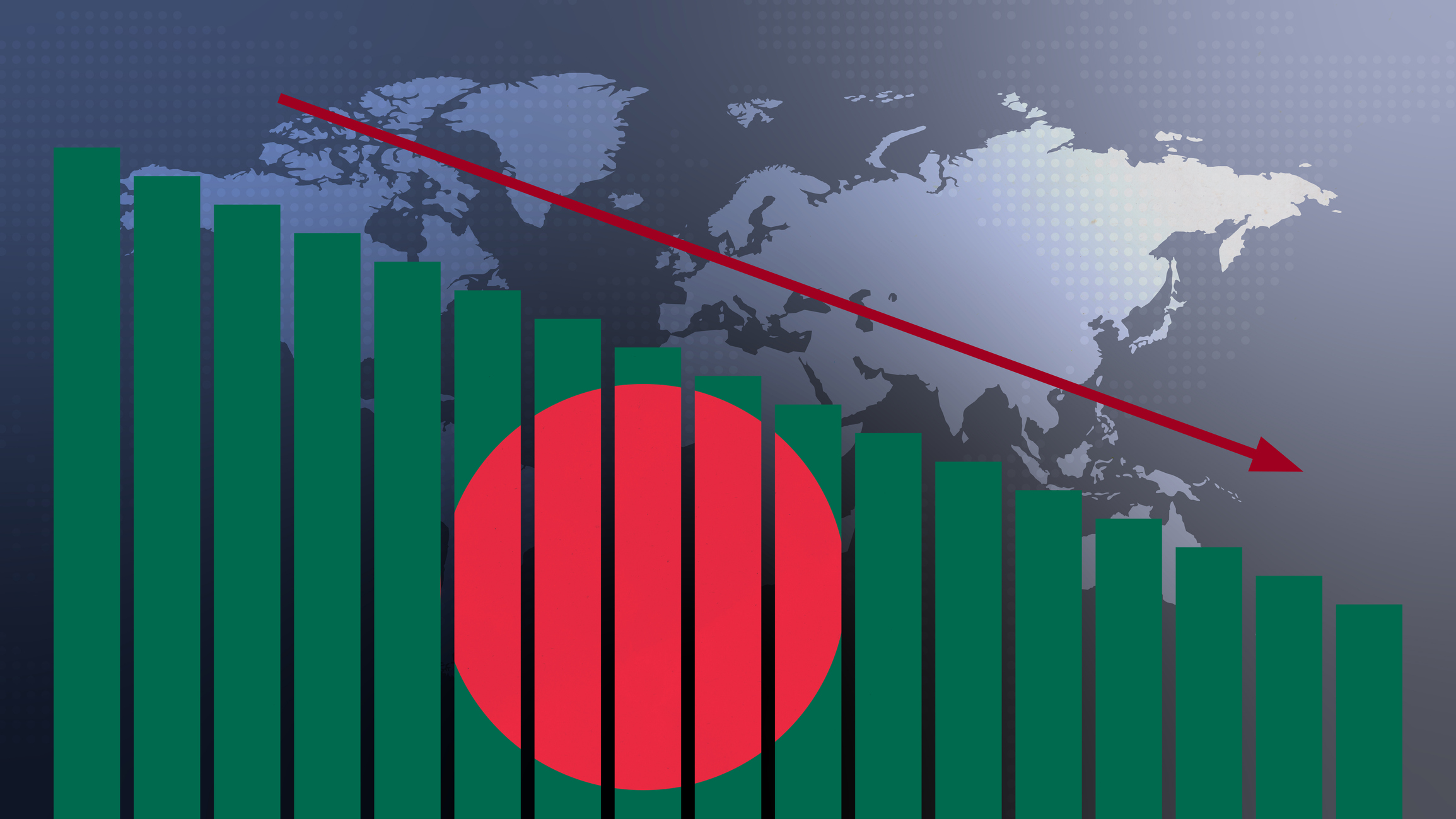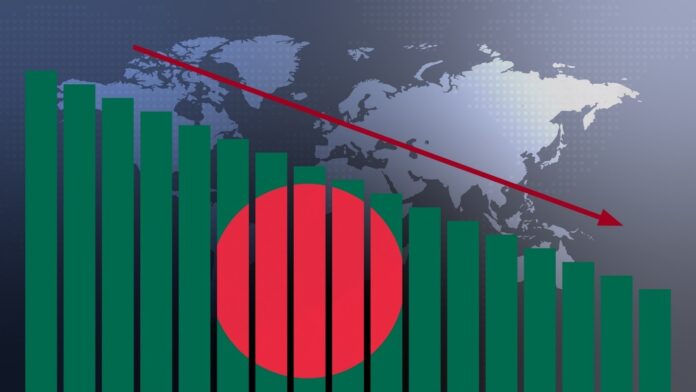
While talking about development, Amartya Sen always mentions education and health. To explain that a jump in education rates of a poor state is possible, he cites the stories of Sri Lanka and Indian province, Kerala. The reason why Sen criticizes capitalist economies is that the state does not take the full responsibility of education and health for its citizens. He believes in the development of capacities of individuals for the overall human development. In his ‘capability approach’ to human development, Sen refers to two roles which education might play in relation to the development of capacities. One of them is the enhancement of capacities and opportunities. The other is too philosophical and thus beyond the scope of this short essay.
The phrase ‘enhancement of capacities and opportunities’ has a much deeper meaning. ‘Enhancement of Capacities’ means utilizing the potentials that already exist in humans. If individuals’ capacities were enhanced, they would be able to do anything, let alone just finding a new job. With a view to enhancing individuals’ capacities, the state must play a very important role by making all the necessary arrangements such as alleviating poverty, schooling etc.
‘Enhancement of opportunities’ also calls for the state’s role. In creating opportunities, the state must utilize its resources to this end. Then comes the necessity for distribution of opportunities. The more equal the distribution, the greater the neat gain to be achieved by the society— just the opposite to what would be the net gain if opportunities were polarized. Receiving opportunities and being more capable, individuals would contribute to the overall growth and development, which would then be enjoyed by every member of the society. It means that the development if not inclusive is lower than the level of development if anybody is not excluded from the opportunities.
Regarding health, Professor Sen says, enhancement of the health of the people must be accepted universally to be a major objective of the process of development. Sen argues that health might be promoted through the general process of economic growth, but the advancement of health has to be set as a separate goal. The state must make it a priority so that the sense of equity may be reflected in the field of health and Medicare. He clearly says the enhancement of health is a component of development. He says, ‘good health and economic prosperity tend to promote each other’. Note that he is using the term, ‘economic prosperity’— not just economic growth!
That education and health increase productivity and then the future economic growth is an intermediate-level textbook knowledge; but policy makers in Bangladesh seem to ignore this general axiom whereas the United Nation has been continuously advocating its motto that education enables upward socioeconomic mobility and is a key to escaping poverty. In this light, it sets its goal to ensure inclusive and quality education for all and promote lifelong learning. It believes that education helps reduce inequalities and reach gender equality, which is crucial for ‘development for all’. The UN explains, a good quality education is the foundation of health and well-being. There are multiple causal relationships among education, health, economic growth and development. Education is needed to prevent sickness and disease. At the same time, for children and adolescents to learn, they need to be well-nourished and healthy. Education develops skills required for achieving economic growth. It also acts as a catalyst for development. That growth and development have a two-way causal relationship is somewhat axiomatic.
An economist comes to an inference by examining data from the history of development. So does Professor Sen. The histories of development of Europe, the USA, Japan, Russia— all reveal the same story which is ensuring health and education for citizens. Even in Bangladesh, the reason why human-social development indicators started showing significantly positive signs after 1990, is substantial investments in education and health sectors. Progress in female secondary schooling, contraceptive prevalence rate, fertility decline, fall in infant mortality, cut in the number of babies born with low weights and success in child immunization, increasing literacy rate spurred growth in Bangladesh too. Economic growth and human development having a two-way causal relation, higher growth in turn gives rise to higher development.
Bangladesh’s budgetary allocations in education and health have remained far lower than South Asian and low-income countries’ average— even Afghanistan. World Bank data available in 2018 show that Bangladesh spent 1.85% of GDP while Afghanistan did 4.34%, Bhutan 6.7%, and the average of South Asia and low-income countries were 3.67% and 3.55% respectively. Very prudently Bhutan kept increasing its allocation on education, which reached 8.14% in 2023 while Bangladesh kept decreasing it— maximum (2.22%) in 2017 and 1.97 in 2023 even after graduating into a lower middle-income country in 2017. The same goes with health. Bangladesh spent 0.39% of DGP in 2021— lower than South Asian (2.02%) and low-income countries’ (1.38%) averages and below Afghanistan (0.72%). Bangladesh maintained a diminishing trend in education and health even in the 2024-2025 budget.
The American economist Walt Rostow in his ‘Modernization Theory’ suggests that people’s attitude towards life is an important constituent not only for human development but also for economic growth. He explains, citizens who place more importance on the afterlife, won’t put much effort in producing goods and services needed for their everyday life. In this context, another caveat about Bangladesh’s budget is that allocations kept increasing for madrasa education at a greater proportion than general education. True, the government incorporated sciences, mathematics and social studies into madrasas, but the very attitudes formed in the madrasah environment are, as Rostow suggests, not conducive to economic growth, let alone human development.
Like Rostow, Sen too emphasizes cultural factors like citizens’ attitudes in achieving mundane prosperity. Sen goes even further and says, citizens must be free from all kinds of prejudices to maximize human development. Arrangements for making citizens independent freethinkers seem to be absent in Bangladesh.

